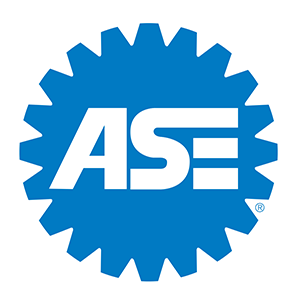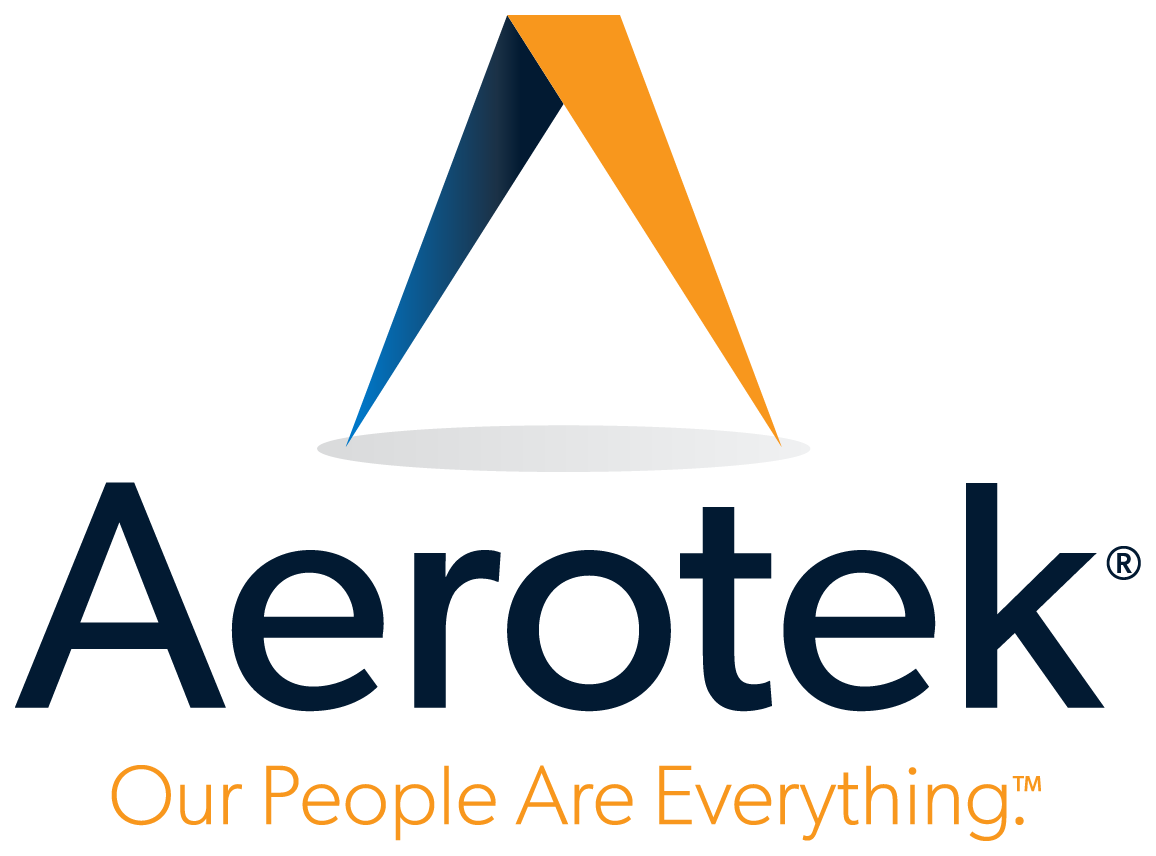Automotive Service Technician
On-Campus Certification Course from Aerotek
Program Description
Automotive technicians work in a variety of settings overseeing and improving the performance of modern diesel engines and commercial vehicles, as well as sophisticated heavy equipment systems with electronic functions and advanced computer controls. Employed by major trucking companies, delivery enterprises, municipal transit systems and other transportation organizations, auto service technicians are hired under job titles such automotive technician, diesel technician, and diesel mechanic.
This program provides students the entry level skills required to start a career in automotive repair and maintenance. The program is delivered through an intensive hands-on lab approach allowing students to concentrate on practical skills education and execution alongside supplemental online curriculum. The students will become proficient in preventative maintenance and inspections by performing procedures in electrical, brakes, lubrication, hub seals, HVAC, Aftertreatment systems, and diagnostics equipment.
After completing this program, learners will be able to:
- Explain the role of the automotive technician in the automotive industry
- Identify the parts of the vehicle
- Identify and correctly/safely use hand and shop tools, precision tools, and measuring tools used in vehicle diagnosis and repair
- Work safely in the auto shop environment complying with all rules, regulations, and standards
- Perform basic maintenance program tasks on vehicles per preventive maintenance schedules
- Perform basic electrical circuit calculations on vehicle electrical systems
- Verify battery performance and jump start vehicles with dead battery
- Perform basic troubleshooting and maintenance tasks on vehicle hydraulic systems
- Troubleshoot clutch for wear and damage
- Perform basic maintenance, troubleshooting, and repairs on vehicle transmission systems
- Remove and reinstall various components of rear and front-end drivetrain, axle, and steering and suspension systems
- Perform basic maintenance, troubleshooting, and repairs on wheels and tires
- Perform basic maintenance, troubleshooting, and repairs on vehicle braking systems
- Perform basic chassis frame maintenance and performance checks
- Inspect and service common types of fifth wheels and couplers
- Perform simple HVAC diagnoses procedures
- Perform basic engine system analysis & repair tasks
- Practice customer service in dealings with vehicle owners, vendors, and coworkers
As part of this program, Learners will complete the following hands-on labs and activities:
- Box Truck Lab: Parts/Systems Inventory and Identification
- Electrical Trainers: Simple battery, lamp, switch, fuse and ground circuits; Current flow; Continuity; Pushbutton switches, in series and parallel; Two-Position and Two-Pole Changeover switches; Resistance; Starting and Charging Systems CAN Bus and System Measurement; Identical and Non-Identical Lamps in Series/Parallel; CAN Bus Park, Tail, Headlight and Fog Light, Turn Signal, Stop and Backup Light System & Measurement
- Soldering System: Lineman, Mesh
- Fly Wheel and Clutch Trainer: Clutch Removal and Installation
- Transmission Trainers: Automatic & Manual Transmission
- Rear-End Trainer: Drive Shaft U-Joint, Rear Axle & Differential; Rear Brake
- Front-End Trainer: Steering (Linkage); Steering (Rack-and-Pinion); Front Shock; Front Brake; Wheel Bearing (Bearing/Hub Assembly); Wheel Bearing (Tapered Bearing)
- Air Brake Trainer: Air Brake Slack Adjuster; Air Brake Shoe; Air Brake S-Cam Bushings; Air Brake Chamber
Certification Opportunities
After completing this program, learners will have the opportunity to take the leading national/industry-recognized certification exam(s) essential to entry-level employment in this fast-growing field.
 |
Automotive Service Excellence (ASE) Auto Maintenance & Light Repair (Test G.1) |
Optional Volunteer Externship Opportunity
Students who complete this program are eligible to participate in an optional volunteer externship opportunity with a local company/agency/organization whose work aligns with this area of study in order to gain valuable hands-on experience. As students progress through their eLearning program, an Externship Coordinator will reach out to coordinate placement.
Note: Additional documentation including health records, immunizations, drug-screening, criminal background checks, etc. may be required by the externship facility.
Requirements
- High School Diploma or GED
Program Details
- On-Campus Program
- Hands-On Labs
- Textbooks & Materials Included
- National Certification Opportunity
- Certificate of Completion
- Clinical Externship Opportunity
